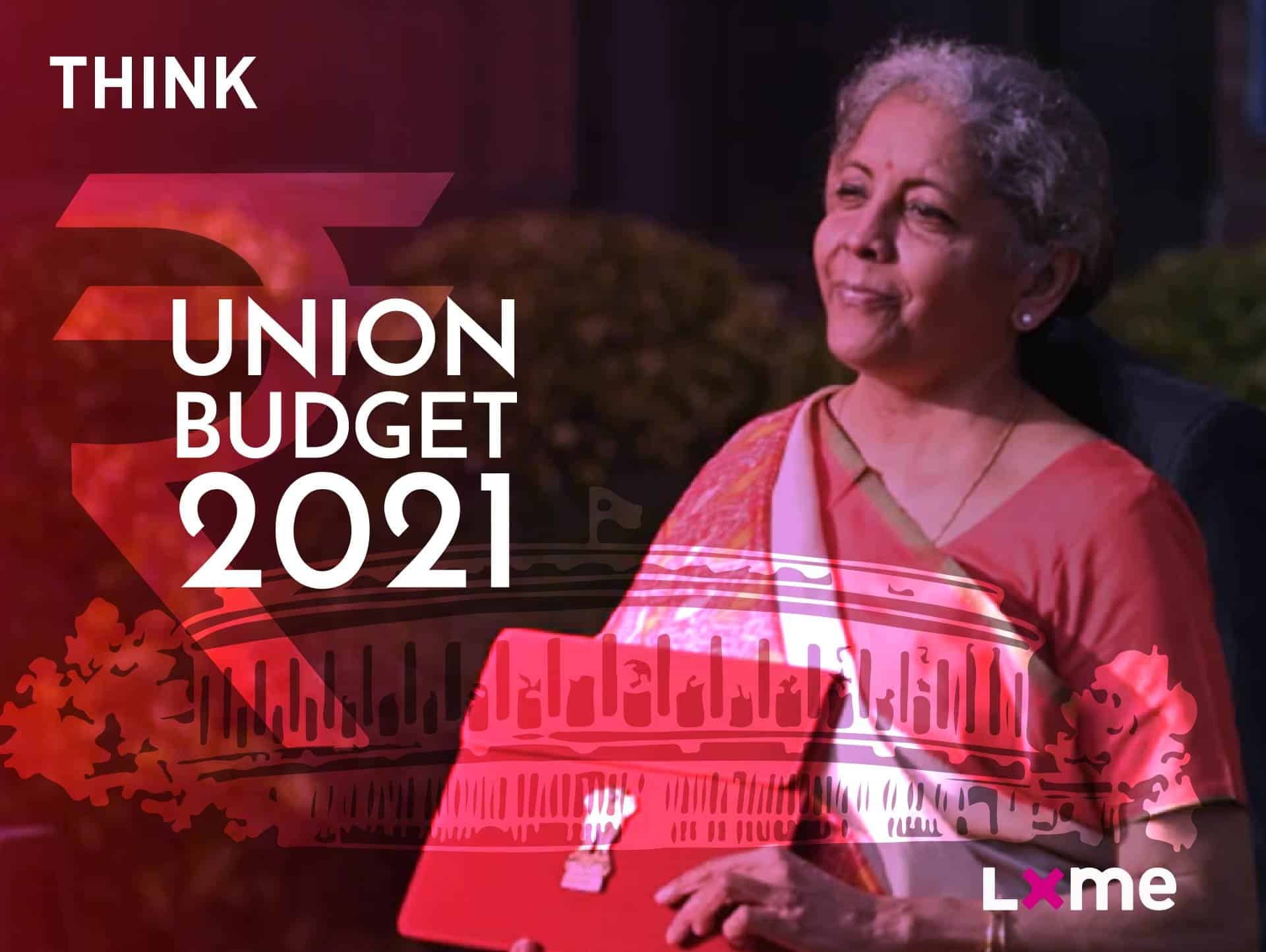Finance Minister Nirmala Sitharaman presented the Union Budget 2021-22 in Parliament on 1st February 2021, which is the first budget of this new decade and also a digital one, in the backdrop of the unprecedented COVID-19 crisis.
In a growth-constrained world, the finance minister has gone down the path of putting in place the building blocks which are required for accelerating the government’s growth agenda. Growth is the ultimate cure for many of India’s problems, and the Union Budget 2021 has made a bold move by taking a call of widening the fiscal deficit further to give an impetus to growth.
Let’s take a look at all the things we love about this budget.
No Covid Cess:
The Centre was expected to impose a COVID Cess on corporate earnings to cover the revenue shortfall. But the good news is that no COVID Cess was introduced in Budget 2021, in spite of a high fiscal deficit seen at 6.8%. Two COVID vaccines are made available and two more will be made accessible soon. Definitely something we look forward to!
Better Healthcare Facilities:
The finance minister introduced the Aatmanirbhar Health Yojana with an outlay of Rs.64,180 crore over 6 years. This will strengthen the National Centre for Disease Control, and the government will also set up 15 health emergency centers.
Swatch Bharat, Swasth Bharat:
The government announced an allotment of Rs.2,217 crore to tackle air pollution problems which will make breathing easier for a lot of us. And a sum of Rs.1.41 lakh crore was set aside for Urban Swatch Bharath mission. Yay!
Non-conventional energy sector to receive an additional capital infusion of Rs.1,000 crore to Solar Energy Corporation of India and Rs.1,500 crore to Indian Renewable Energy Development Agency. Go pro hydrogen energy!
The Infra Push:
The increased government spends on infrastructure projects like roads, public transport, and ports will have a multiplier effect, taking consumer goods to rural markets. As India’s consuming class grows, better infrastructure will help drive both online and offline consumption.
One Person Companies:
One person companies will now be allowed by the government which is a great boost for women entrepreneurs looking to start something on their own.
Strengthening Financial Markets:
The various allied laws of the securities market like the SEBI Act, 1992, Depositories Act, 1996, Securities Contracts (Regulation) Act, 1956, and Government Securities Act, 2001, will be merged to the Securities Market Code.
SEBI will be notified to regulate the setting up and arrangement of the commodity market system.
An Investor Charter will be developed with an objective to provide protection to investors across all financial products. A good nudge to begin investing if you haven’t already.
Direct Tax Proposals:
Budget 2021 did not make any changed to slab rates or major deductions leaving the choice between old and new regime much the same as last year. The only exception is that the Pensioners over the age of 75 are exempt from filing returns. A big relief for senior citizens indeed.
There’s no new tax on corporates. Companies will not have to worry about the impact on their financials at a time when they’ve been challenged by the Covid-19 induced economic downturn.
Pre-filled ITR: Salary, Tax Payments, TDS are already pre-filled. Capital Gains, dividend incomes, and interest income will now be pre-filled.
Additional deduction of Rs.1.5 lakh will be available for loans taken up till 31st March 2022, for the purchase of an affordable house. A great push towards the goal of ‘Housing for all’.
A ‘Faceless dispute resolution committee and mechanism’ has been set up to reduce litigations for small taxpayers. Any taxpayer with taxable income up to Rs.50 lakh and disputed income up to Rs.10 lakh can approach the committee.
Reopening of ITR assessment: In normal cases, the time limit has been reduced to 3 years from 6 years, and in serious tax evasion cases where concealment of income is over ₹50 lakh it can be reopened till 10 years.
PF Exemptions Limited:
Interest on contributions to Employees Provident Fund, Voluntary Provident Fund and exempted PF trusts could now be taxed if your contributions exceed ₹2.5 lakh. Until now, interest earned on contributions to different types of PF was tax-free. If your contribution exceeds ₹20,833 a month, be ready to pay tax on the interest earned on any amount above this limit.
Reduction in Customs Duty on Gold and Silver:
The Finance Minister has rationalized customs duty on copper, textile, gold, and silver. Gold and silver will hence become cheaper as a result of this rationalization.
Agriculture Infrastructure and Development Cess:
An Agriculture Infrastructure and Development Cess has been announced on several items including petrol and diesel, but the Finance Minister said there will be no impact on consumers as these entailed reducing certain customs duties and adding a cess component to those products. This will ensure that funds are carved out for the sole purpose of building farm infrastructure.
Overall the budget has been a Yay, as it really pushes the growth of the economy and boosts multiple sectors of the country. But we’d like to know what you think too. Have any thoughts on this budget? Let us know what’s on your mind. Join our community and let the conversations begin.












